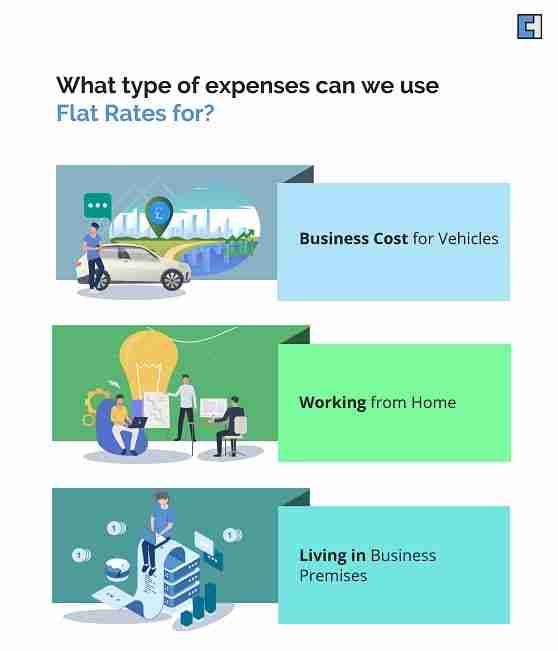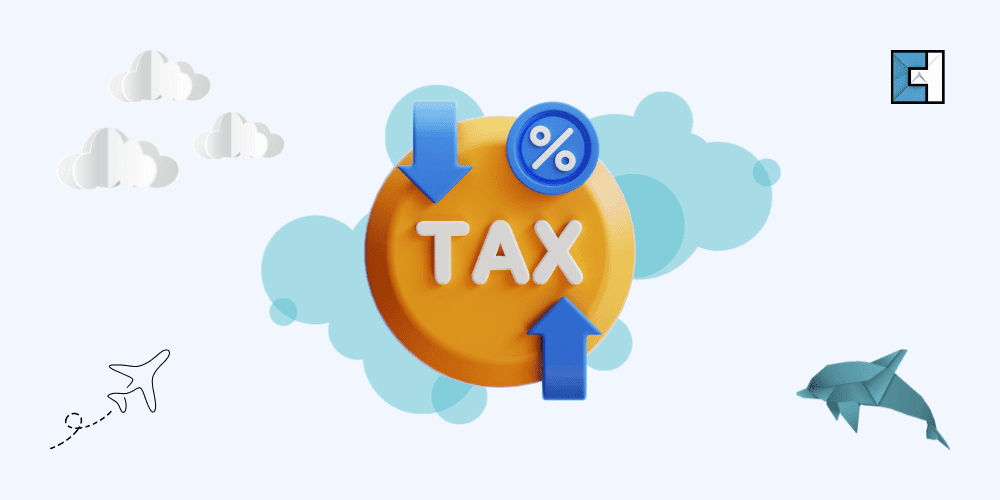What are Simplified Expenses?
Simplified Expenses are a system set up by HMRC to help self-employed businesses calculate some of their expenses in a simplified manner.
Simplified expenses is a method of calculation, that provides business owners with an opportunity to determine their allowable expenses using flat rates rather than actual expenses. The flat rates are provided by HMRC, you can use the simplified expense rate checker to see if you can save money using simplified rates
Alternatively, you can hire a competitive tax accountant to help you determine where you can use simplified rates and where you can use actual expenses, they can also help you optimise your bookkeeping process to maximise tax savings.
Related: Poor bookkeeping can diminish the performance of your business, learn about the impact that poor bookkeeping can have on your business.
Who can use Simplified Expenses?
Businesses that can use simplified expenses are:
- Self-employed individuals working as sole traders.
- Business partnerships that don’t have another company as their partner
Who cannot use Simplified Expenses?
Businesses that cannot use simplified expenses are:
- Limited companies
- Business partnerships that have a public or private limited company as their partner
When can we use Flat Rates?
Flat rates can be utilized when:
- Determining costs for vehicles that may be used for business purposes.
- Determining expenses that arise when working from home.
- When living on the business premises.

You need to calculate all other expenses by taking the actual business costs into account. You may want to consult an accountant to help you calculate your costs accurately.
Video: Self-Employed Benefits: What You Should Know?
If you are working as Self Employed in the UK, watch our video to understand what benefits you can claim..
How to use Simplified Expenses?
- Record the business element for each expense: hours you work from home, business miles you use for vehicles and how many people live at your business premises for the entire tax year.
- At the end of the tax year, use the flat rates for each applicable expense to calculate your expenses.
- Make sure you add these figures to your total expenses when completing your Self-assessment tax return.
To determine if using the simplified expenses method is the best option for your business, you can use a simplified expenses checker. This will help you compare how much you can claim if you work out the actual expenses with what you can claim using simplified expenses.

Will Simplified Expenses add any value to my business?
Simplified expenses can sometimes get quite complicated. However, they might have some tax advantages. The real question of which is more beneficial, claiming the actual cost or the simple cost? The answer is that it depends on a lot of factors. In the case of motor expenses, it will depend on the cost of the car and repairs, etc. The general rule of thumb is that the lower the cost of the car, the greater the business mileage available and therefore the more beneficial the flat rate is.
It is recommended that you speak to an expert personal tax accountant before deciding to implement a certain scheme so they can see the impact on your financials.

Clear House Accountants are professional Accountants in London who have gained extensive experience working in the world of accounting for many years, helping companies, self-employed individuals and partnerships with their accounting and bookkeeping needs. Our team of trained accountants for self-employed have developed highly intuitive smart solutions for our clients, saving them time and money.









































































